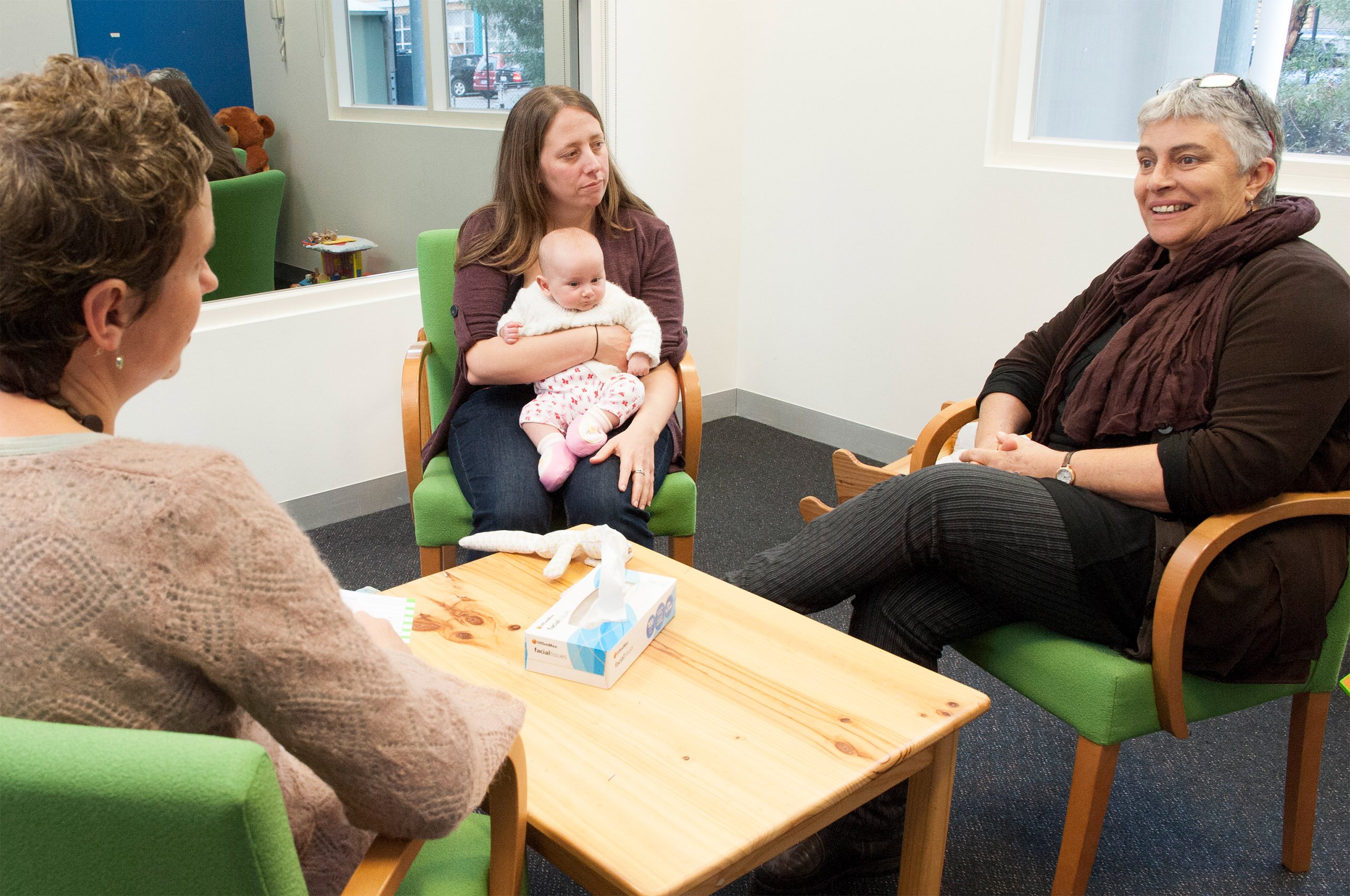Single Session Thinking

Single Session Thinking (SST) is a process that assists workers to make the most of the first, and what may be the only, session for clients.
It is a broad framework encompassing Single Session Work, or Single Session Therapy and is an approach to assist practitioners working with individuals and families. It is about making the most of each encounter with clients by treating each contact, but especially the first, as though it may be the only contact. It also lays the foundation for ongoing work, if required and requested by the client.
Research shows the most common (modal) number of counselling sessions a client or family attends is one. What is more, many clients find this one encounter enough to meet their needs. SST encourages workers to:
- actively find a focus for the session in collaboration with the client
- check in to ensure the conversation is on track
- be responsive to what clients want and share thoughts or ideas with them
- allow for the possibility that one session may be enough
- decide on the next steps together with the client/s.
The SST approach is appealing to clients because it targets their key concerns. It is attractive to managers because it can address waiting lists and make services more accessible; and it is embraced by workers committed to client led practice.
SST has a range of applications and is embraced by a wide variety of services across different sectors, both in Australia and overseas. It is also widely used by services who work mainly with individuals to engage the client’s family members in the ‘treatment’ process (see Single Session Family Consultations).
You can now access our self-paced online course in Single Session Thinking anywhere, anytime.
International Single Session Therapy and Walk-in Services Symposium
The International Single Session Therapy and Walk-in Services Symposium shines a spotlight on the ways single session thinking is being implemented around the world. It offers opportunities to connect, share and collaborate with colleagues from all disciplines with a passion for single session work.
The Symposium was held on Philip Island, Australia (2012), Banff, Canada (2015) and Melbourne, Australia (2019).
Our work
We developed a bespoke Single Session Work training and implementation package for The Orange Door Support and Safety Hubs, which was launched in 2018 to support Victorian children and families. The Orange Door practitioners work with large numbers of clients in complex and often high-risk situations via phone and walk-in services.
